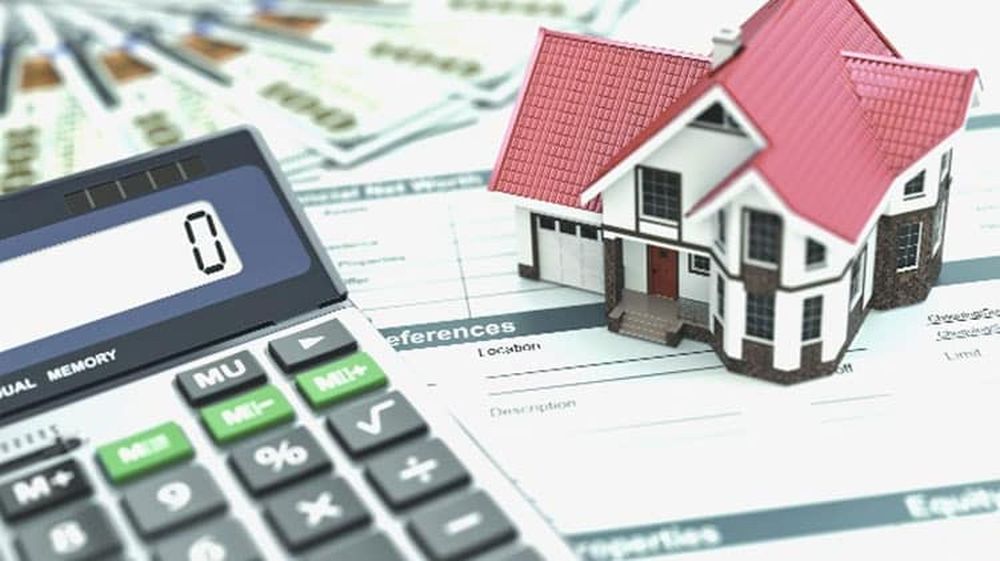The revenue collection, in terms of taxes and duties from the real estate sector, stands at less than 1 percent in the overall tax collection mainly due to vague systemic issues, paving ways for investors to invest in the safe-haven that offers windfall profits for decades.
According to the study of State Bank of Pakistan (SBP), immovable property generates 0.4 percent taxes to the national exchequer which is a near zero share to the GDP.
Among the emerging and developing countries, the share of immovable properties in taxes ranges from 1 percent to 4.8 percent and up to over 9 percent in the developed countries. Pakistan is behind India, China, Bangladesh, Indonesia, Brazil, etc.
Pakistan’s performance remains weak compared with other emerging market economies.
The investment and trading activities in the property market remained upbeat for the past many years but the Federal and provincial governments have not been able to mobilize revenues from this source.
The tax rates on a property are significantly lower than the actual property valuation with gap estimated between 2 to 5 times depending upon the city. In 2016, FBR introduced valuation tables for the collection of capital gain tax and withholding tax; these valuations were higher than the DC rates, but far below the actual valuations.
In 2018, Punjab government made upward revisions in the DC rates for most areas and brought these closer to the FBR valuations in order to enhance revenue mobilization; however, the rates in the rest of the provinces remained unchanged at a level much lower than the FBR valuations.
The property market in major urban centers of the country has been under pressure due to genuine demand emanating from a heavy influx of population from rural areas, and consistently rising remittance inflows over the past decade.
This demand was further fueled by property purchases with an objective of wealth concealment and tax avoidance. Moreover, attracted by the potential of earning significant capital gains, a sizable amount of speculative and short-term investments also found its way into the sector.
Since June 2011, from where any estimates of property prices are available, prices of plots in Pakistan have nearly tripled, whereas house prices have grown by 139 percent.
Such huge capital gains, along with a steady increase in rentals and a subdued tax liability, made the real estate sector the most sought-after avenue for high net worth individuals/firms.


























Dawn had an article recently about the establishment-property dealer nexus in Karachi:
dawn dot com /news/1461688/dawn-investigations-the-shaky-foundations-of-asf-arabian-vista
This is why taxation on real estate is a non-starter. It is through real estate that our generals make their fortune.
No Propoer Managmetn on Buying Selling Property in Formal Ways :
Yaha Log Joth Bol K Cheque Plus Cash De K Propoerty Naam Karwate hai
This real state has destroyed our industry. Many major corporate owners with manufacturing businesses especially textile saw lucrative opportunity to invest in real state instead of running and growing their business which was giving meager returns from 5-10 % a year and the returns in real state were insane.
Pakistan is 4th largest producer of cotton yet textile is far behind this ranking. We are selling raw cotton to countries like Bangladesh at low profit and there they are making finished products and selling at hefty profits exporting in Europe, America, Middle east etc. This is really disturbing situation.
The biggest problem with the real state is there is virtually no value addition. There is nothing produced which can increase our exports. All the money floating is a bubble and great way to hide the black money with unmatched asset appreciation.
Government should fully discourage to invest in this sector. There should be heavy capital gains tax on sale of property before 5/10 years. Property valuation system needs major reevaluation. All the focus should be on manufacturing and service industries to attain real growth and raise GDP.